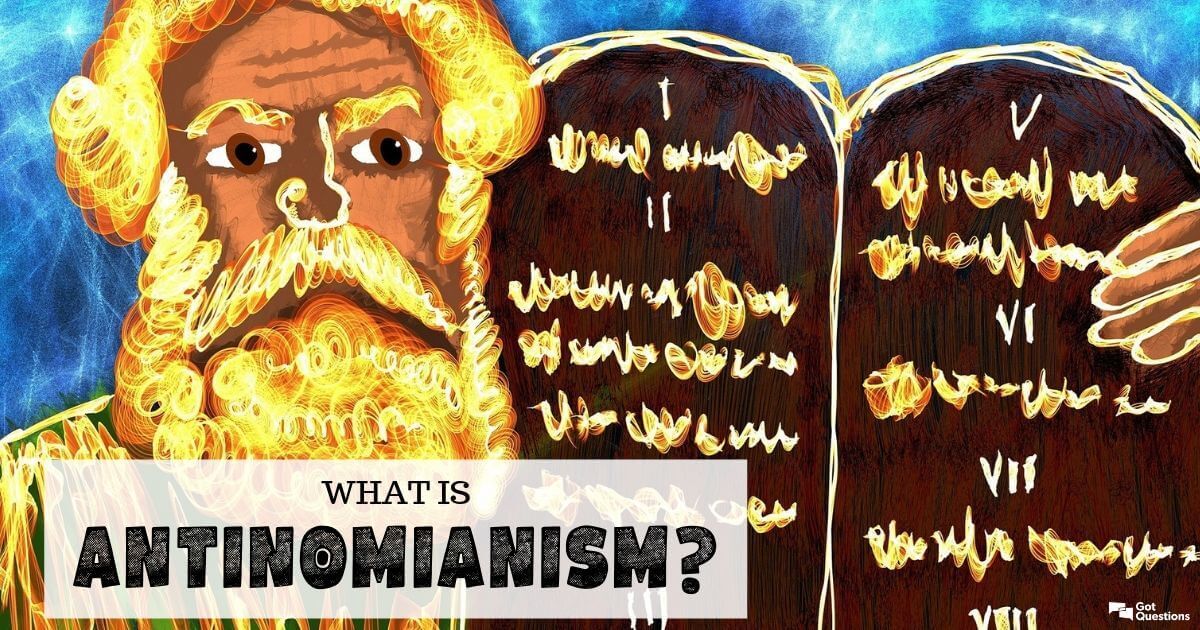
-by Fr. Samuel Keyes, raised Baptist in Mississippi, Fr. Samuel Keyes became an Anglican/Episcopalian after college. He served parishes in Massachusetts and Alabama, and then Saint James School in Maryland, before being received into the Catholic Church in 2019 and ordained in 2020–21.
Fr. Keyes is currently a professor of theology at JPCatholic and parochial administrator of St. Augustine of Canterbury, an ordinariate community in San Diego County. He is married to Gretchen with five kids.
“Whether or not you noticed the collect for today’s Mass, let me point it out:
May your grace, O Lord, we pray, at all times go before us and follow after and make us always determined to carry out good works.
It’s a clear, pithy prayer that in a single sentence summarizes God’s saving economy: grace goes before our actions, assists our actions, and follows our actions. One wonders if a serious meditation on this collect—which has been part of the Roman Rite for very many centuries—would have prevented some conflict in the Reformation era among those fretting over the supposed opposition of “grace” and “works.” Those of us raised in certain quarters perk up our ears at any mention of “works” as being good. Yet the collect places all such works well within the sphere of God’s gracious providence. In the Divine Worship missal for the Anglican Ordinariate, we pray at every Mass that we should do “in all such good works as thou hast prepared for us to walk in.”
I point all this out, in part, because when I first glanced at the propers and readings for this Sunday, I was struck right away by the “good works” of the collect and the stories of grace and gratitude we hear in 2 Kings and Luke: the stories of Naaman (2 Kgs 5:14-17) and the ten lepers (Lk 17:11-19). It seemed interesting that the Church would simultaneously propose to us an implicit exhortation to good works and a reminder that in holy baptism—which is of course prefigured by Naaman’s ritual washing in the Jordan—we are washed clean and elevated to the life of grace by no merit of our own. But in the end, there is no real conflict between grace and good works, mainly because all good works are fundamentally graced: before, during, after. Part of God’s gift to us is the gift to do something with what we have been given and for this work to matter.
There are, at the same time, good and bad ways to respond to the gifts of grace. In both 2 Kings and Luke, the narrative gives special attention to the gratitude of the former lepers. The Samaritan leper in Luke, the one grateful man out of the ten, is a foreigner like Naaman the Syrian. So, a foreigner shows more gratitude than the people who claim this power as their birthright. Why is that?
There’s a very immediate connection we should make with the expansion of the covenant to the Gentiles through Christ. Naaman and the Samaritan are also both figures of Cornelius the centurion, who in Acts 10 receives—with awe and gratitude—the gifts of the Spirit in a way that is at first shocking and even confusing to the Jewish disciples. But we can also wonder if Jesus means to suggest here something of the default Jewish attitude towards divine grace. However final and permanent God’s promises were to the people of Israel, none of those promises translate grace into something owed. It seems almost as if the nine men in Luke think of their healing much in the way that so many modern Catholics think of the sacraments: obviously I deserve this; of course God is providing this for me; no need to make a big deal out of it.
Of course there is a real element of truth in that attitude: the sacraments are a given, in a certain sense. God has given them to us and he is not going to take them back. He is not going to send an angel from heaven and declare to the pope, “No more baptisms, we’re full up!” But their givenness, their enduring reality, does not mean that we should take them for granted any more than the people of Israel should have taken their ethnic heritage as a guarantee that they were full participants in God’s saving covenant.
That kind of entitlement really can become a “works righteousness,” wherein life becomes an accounting game I play with God. Let’s see: did first Friday devotions (check), said the rosary every day this week (check), asked for a number of Masses to be said (check) . . . so why hasn’t God given me what I want? Or, as someone asked me not that long ago, “Where did all those graces go?” And my response (internal, at least, because I’m not quite that mean) is: are we aiming for the beatific vision, or are we aiming to win some kind of cosmic video game?
There is the opposite approach, (maybe) less common among Catholics, but still a real danger, where we take for granted not the system of grace but the whole generic enterprise. This is antinomianism, the idea that what I do doesn’t matter in the least because God loves me, and He understands, and my heart is in the right place, etc.
I wonder if the principal remedy against these two opposing vices is the gratitude and thanksgiving that we see in the Samaritan and in Naaman. Because here’s the thing: on one level we might say that this healing is nothing extraordinary. It’s just what the Lord does; it’s in his nature, so to speak. But that is not the same thing as saying that I deserve it, or that I should act like it’s somehow par for the course.
It’s no coincidence that the central act of the Church for the last two millennia has been an act of thanksgiving, of Eucharist. We talk about this as the source and the summit, as the sacrament of sacraments, because it is the place where Christ Himself is present in His Church. But it is also where the Church does the thing that most characteristically makes her the Church: she gives thanks. She says, “Lord I am not worthy that you should come under my roof, but speak the word only and my soul shall be healed.”
Our calling as Christians, however else we might imagine it, is first to be grateful, to give thanks. The Lord has put away our sins, he has called us to his service, he has given us the power to follow him in this world. Thanks be to God. Everything else follows that.”
Love & truth,
Matthew



